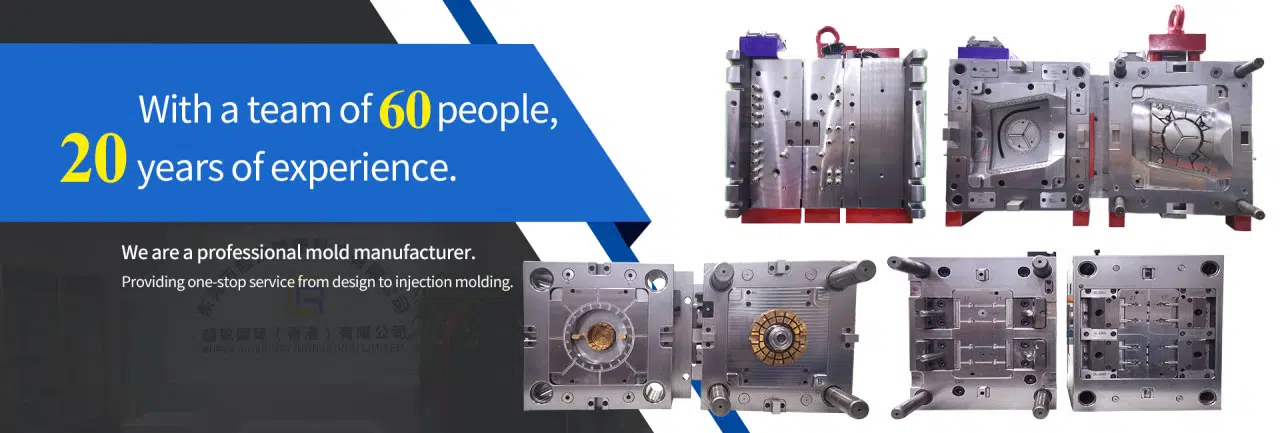
# Copper: The Essential Metal for Modern Technology
Keyword: Copper
## The Importance of Copper in Our Daily Lives
Copper is one of the most versatile and widely used metals in the world. From electrical wiring to plumbing systems, this reddish-brown metal plays a crucial role in our modern infrastructure. Its excellent conductivity, durability, and resistance to corrosion make it indispensable in various industries.
## Unique Properties of Copper
What makes copper so special? Here are some of its remarkable characteristics:
– Excellent electrical conductivity (second only to silver)
– High thermal conductivity
– Natural antimicrobial properties
– Malleability and ductility
– Corrosion resistance
– 100% recyclable without loss of quality
## Copper in Electronics and Technology
The electronics industry heavily relies on copper for its superior conductivity. Nearly all modern electronic devices contain copper components:
– Printed circuit boards
– Computer chips
– Smartphone components
– Electric vehicle batteries
– Renewable energy systems
## Copper in Construction and Infrastructure
Beyond electronics, copper is fundamental to building our cities and homes:
– Electrical wiring in buildings
– Plumbing pipes and fittings
– Roofing materials
– Heating and cooling systems
– Architectural elements
## The Sustainability of Copper
One of copper’s most valuable attributes is its sustainability. Unlike many other materials, copper can be recycled indefinitely without losing its properties. Currently, about 65% of all copper ever mined is still in use today, demonstrating its incredible longevity and recyclability.
## Future Applications of Copper
As technology advances, new uses for copper continue to emerge:
– Next-generation semiconductors
– Advanced medical equipment
– Sustainable energy storage solutions
– Smart city infrastructure
– Space exploration technologies
From ancient civilizations to modern megacities, copper has been an essential material for human progress. Its unique combination of properties ensures that it will remain a critical component of technological advancement for generations to come.